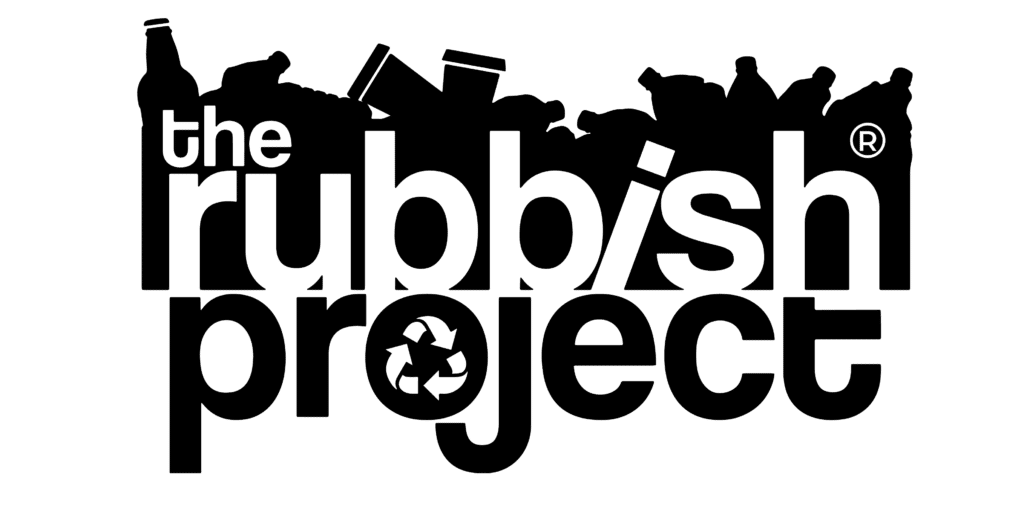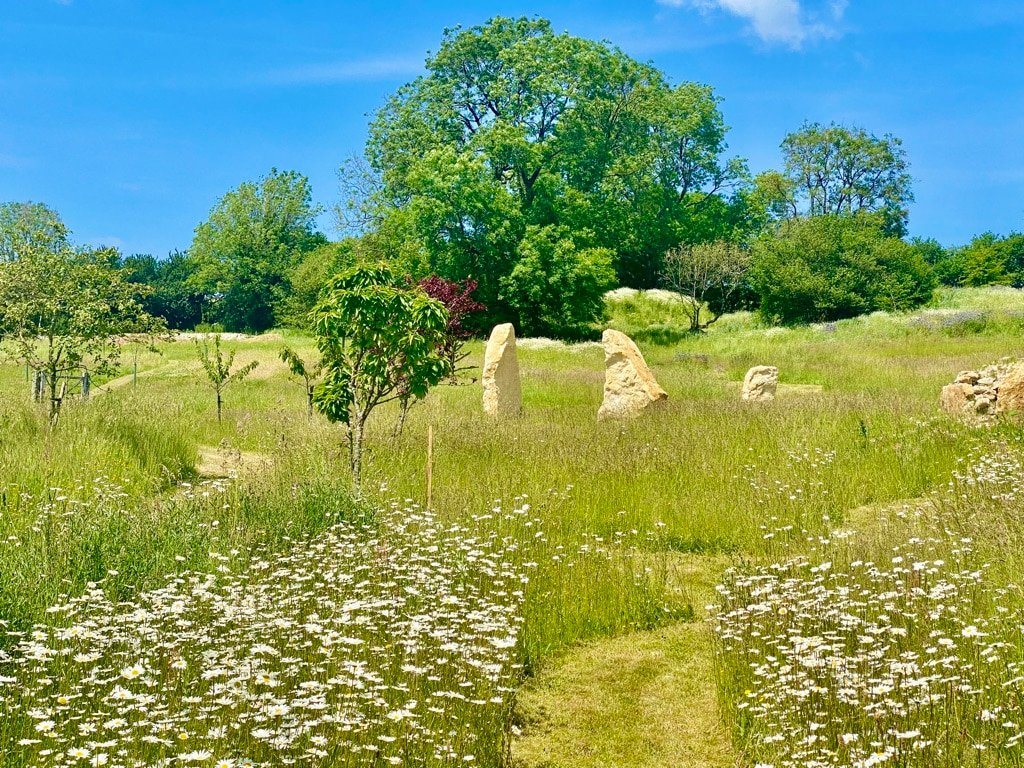I’m delighted that Cop26 is getting a lot of attention. I think it’s great that young people – with Greta leading the charge – are voicing their anger at what’s happening to the climate. It’s incredibly positive that more and more businesses around the world are trying to make meaningful changes. Not so good is that after 35 years campaigning to save the planet, I’m more concerned than I’ve ever been. Many of the predictions that I had hoped were too pessimistic are actually happening.
With that in mind, I thought I’d draw up my own Manifesto, in advance of COP26. My top dozen things that have to happen. The challenge is to keep it to twelve. Perhaps I’ll add an addendum at a later date.
I’m focusing on some specific initiatives which I think are realistic and could be implemented quite speedily. Here goes..
- Stop chopping old growth forests
We’re all keen on tree planting initiatives, but even more important is to stop chopping and clearing mature trees in established eco-systems. They’re a crucial carbon repository that will be impossible to replicate any time soon.

2. Turn off the plastic tap
However much we try to fish plastics out of the oceans, our efforts will not come to much if we don’t manage to stop the raging flows going in. There are communities all over the world who are living without any waste collection facilities – and with no on-tap drinking water, leading to vast quantities of plastic water bottles. On a family holiday to Burma, we spent a day fishing rubbish out of Lake Inle. It was everything from syringes, to bottles, to toys and other everyday detritus. We have to start at the source, giving money to infrastructure changes to stop the rubbish tide being washed into the sea.

3. Maximise renewable energy
Currently, the incentives for renewable energy often stop once you’ve installed enough to meet your direct needs – whether residential or commercial. Why? The low carbon benefits don’t disappear if you export the energy to the grid. We need to increase the rewards from exported renewables and encourage a massive increase in solar, wind, tidal and other forms of renewables.

4. Support fully electric vehicles – not hybrids
Yes, electric vehicles could be a key ingredient in our shift to a lower carbon future – particularly as we increase the amount of renewables in our energy mix. However, in my view hybrids are not a good ‘half way house’. The amount of time they’re actually running on electric is generally very low and in my experience the rest of the time their fuel efficiency is poor – worse than a non-hybrid equivalent. The worst of both worlds rather than the best.. See blog I wrote about this in 2017.

5. Increase production and use of biogas

I’m not convinced that we should be getting rid of domestic gas boilers across the UK – and replace them with hydrogen and heat pumps, which are both expensive and not ready for mass uptake. About 25 years ago I organised a conference / workshop called ‘Biogas – Explosive Potential’. Since then more of it is produced but there’s a lot more that could be done to maximise it. The idea of using sewage and organic waste, for example, from homes, farms and food factories makes a lot of sense. Dale Vince from Ecotricity, has put forward a convincing argument on how we could massively increase biogas production using grass.
6. Improve home energy efficiency
I know there’s been some bad press about smart meters but I think they’re a key tool in helping us reduce our energy impacts. They can encourage home owners to understand what are the biggest energy guzzling appliances. Perhaps even more importantly, they can also help us to shift our consumption from peak times to off-peak, which significantly reduces our environmental impact. Other energy efficient technologies I like include: Zoning, thermostats, hot water taps, insulation (of course), shutting doors and drying racks!

7. Help people understand lighting:

Oh my gosh, lighting manufacturers have been appalling at communicating both the benefits of LED lighting, as well as the technical information on how to move from old style lighting to new. First there was the move from incandescent bulbs to compact fluorescents (CFLs). The CFLs did use less energy, but the lighting often flickered, the bulbs were hideous and they were too bright. Just as they began to improve, LEDs became a far better option – this has really only happened in the last 10 years. Most people however, are incredibly confused about the choices they have and are still worried about the light quality. They shouldn’t be. LED bulbs can be super-efficient and provide whatever warmth of light you need. We have them for every lighting need in our house. I wish the lighting manufacturers would ask me what they should be doing to help people make the move.. p.s. Avoid integrated fittings if at all possible. (My blog about lighting from 2013 – another one is due)
8. Move to a circular economy world:
My son, Connor Bryant, has set up Rubbish Ideas and The Rubbish Project to create circular economy solutions. Currently, our society works on a linear system, which is essentially, take, make, use and chuck. This results in literally millions of tonnes of material and vast quantities of energy, water and waste being plundered, often to be used for a few seconds. A zero-waste world would mean using recycled materials and then recycling products again and again – sometimes to create the same products, but sometimes to be used for another long term purpose.

9. Reduce, re-use and recycle E-waste:
About 10 years I co-founded E for Good aiming to reform society’s approach to e-waste. The amount of electronic equipment and electrical goods that are thrown away is completely shocking. See the E-waste poem I wrote in the style of Dr Seuss. Vast quantities of raw materials are dug out of the ground and then discarded when they could easily be repaired, re-used or recycled. Poor quality electrical goods flood the market but are not made to last and are impossible to repair. Much of what we discard in the UK is exported and left in smoking piles in developing countries with extremely poor people, including children picking through to see if they can find something to sell on. We were unable to make E for Good work, but I still have the ambition to tackle the e-waste issue – when the time is right.

10. Bring back biodiversity:
On a mini-scale we’ve been ‘wilding’ the land around our home. There are lots of ways to interpret what this means but my focus has been on creating habitats for wildlife. We’re encourage, birds, bats, bees, bugs, barn owls and lots of things that don’t begin with ‘b’ too. What I’m hoping is that we’re creating a smorgasbord of ideas that can be adopted by others on a large and small scale. I’m a great fan of regenerative agriculture – see blog I’ve written on this – but even if that’s a step too far, farmers can start by nurturing hedges and edges, allowing them to become a haven for insects, birds and small mammals. Operation Future Hope helped us with our wilding – they’re working to get more wilding into schools.

Prince William was interviewed about the Earthshot Prize on Newscast, which is one of my favourite podcasts. He said that he wasn’t interested in going to space, and felt that the world should prioritise sorting out Planet Earth. I agree. I implore Jeff Bezos, Richard Branson and even Elon Musk, please have a look at my manifesto. I’d happily help you direct your resources to something really positive – rather than indulging in space tourism, or even colonising another planet…
PS. Yikes. I forgot about banning peat. Desperate to stop peat being used as quickly as possible. See blog I’ve written on this. Also ‘educating children for the future they face’ – see previous blog. And ‘eat less meat but better meat’. Set and protect more marine reserves. Room for another blog – or several.
- This link to Octopus will give me a £50 bonus on my bill, as well as giving you one. I would not be recommending them if I didn’t think they were a good supplier.


